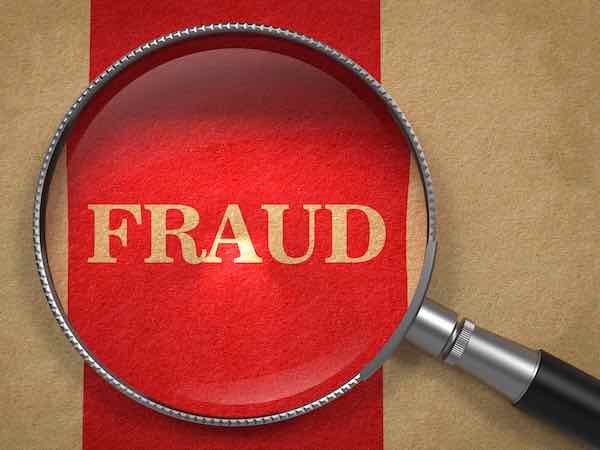Recently introduced legislation in the Senate is designed to stop fraud that is occurring within the Federal Employees Health Benefits Program (FEHB).
The FEHB Protection Act (S. 4035) was introduced by Senator Rick Scott (R-FL). Senator Tom Carper (D-DE) is a co-sponsor.
The bill would require the Office of Personnel Management (OPM) to verify eligibility before adding family members along and conduct audits to remove individuals found to be ineligible for the program.
Specifically, the FEHB Protection Act would require OPM to do the following:
- Verify eligibility when adding a family member
- Include ineligible members as a fraud risk when OPM does its annual fraud risk assessment
- Complete a comprehensive audit of FEHB for ineligible family members
OPM would also be provided with the explicit authority to remove individuals found to be ineligible.
GAO Finds Billions Wasted Within FEHB
The legislation is being introduced in response to a report released by the Government Accountability Office (GAO) which found that a lack of oversight from OPM could be costing taxpayers as much as $1 billion every year from waste occurring within the FEHB Program.
GAO conducted its investigation of the FEHB Program at the behest of Senator Scott.
In its report, GAO stated:
OPM does not have a precise estimate of how many ineligible members exist and at what cost to the [FEHB] program. OPM officials told us [GAO] they recognize ineligible individuals may be covered in FEHB, and information from OPM indicates the cost savings from performing a DEVA [audit designed to verify the eligibility of currently covered dependents, such as spouses and children] for all existing family members to be in the estimated range of $360 million to about $1 billion. According to OPM officials, these estimated cost savings would generally be an avoidance of future claims costs as opposed to current return of actual dollars. As mentioned, FEHB premiums paid by the government and enrollees are intended to cover members’ health care costs (including claims), plans’ administrative expenses, and other costs. Thus, these estimates would represent savings to the federal government and enrollees who pay FEHB premiums.
The FEHB Protection Act would codify GAO’s recommendations for resolving the problems it found. Specifically, GAO made these four recommendations in the original report:
- The Director of OPM should implement a monitoring mechanism to ensure employing offices and carriers are verifying family member eligibility as required by OPM’s 2021 guidance.
- The Director of OPM should implement a monitoring mechanism to identify and remove ineligible family members from the FEHB program.
- The Director of OPM should assess the likelihood and impact of the fraud risk related to ineligible FEHB members.
- The Director of OPM should document its assessment of the fraud risk related to ineligible members in its fraud risk profile for the FEHB program.
In a statement about the bill, Scott said:
Under years of mismanagement by OPM, the FEHB program has knowingly allowed $1 billion of taxpayer money every year to be wasted with no plan or mechanism to stop it. That is unacceptable and must be fixed. There must be zero tolerance for individuals intentionally exploiting and defrauding the federal government. I’m proud to lead the effort to stop fraud and waste in the FEHB program and be joined Senator Carper on this commonsense and bipartisan legislation.
Carper added:
As government officials, we must be good stewards of taxpayer dollars. Today we are introducing the FEHB Protection Act to make good on that promise by ensuring that only eligible individuals are enrolled in the Federal Employees Health Benefits program. By confirming eligibility, we have the potential to save taxpayers hundreds of millions of dollars annually. I look forward to working with my colleagues and OPM to ensure they have the resources and tools needed to end improper payments and root out fraud in the FEHB.




